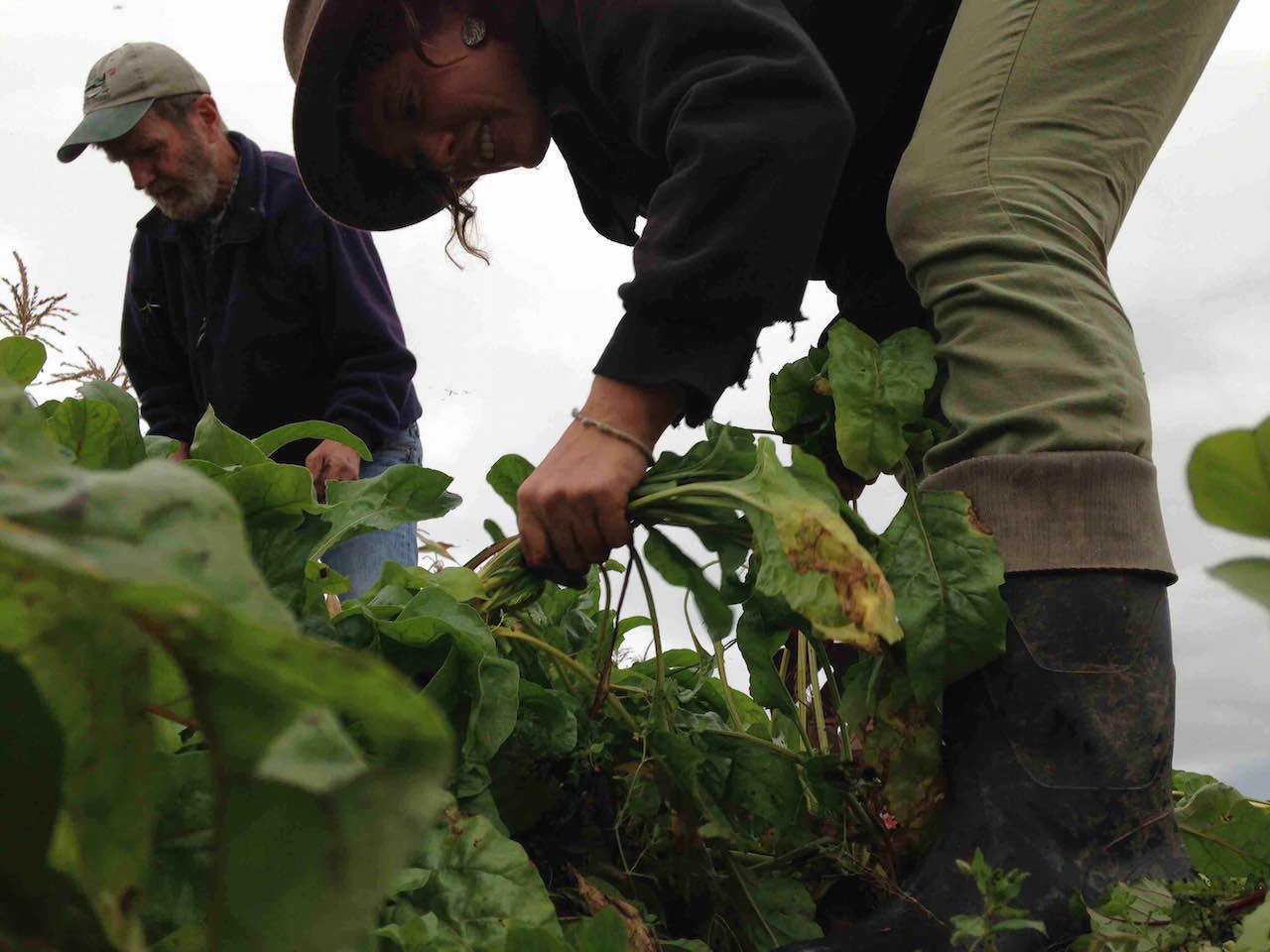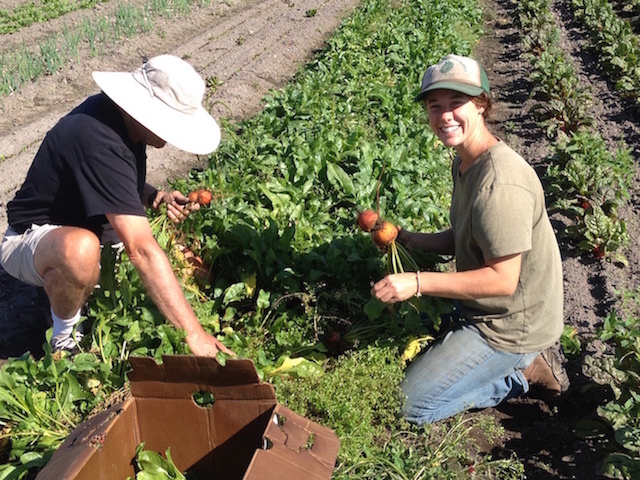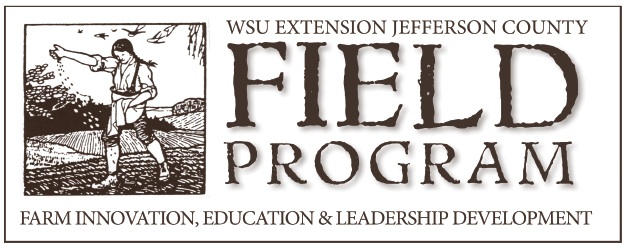
On the Olympic Peninsula the majority of gleaning occurs on small to medium scale, diverse vegetable farms, which brings in a great abundance and variety of vegetables. The different kinds of row crop gleans in the second season have included abandoned surplus crops, abandoned damaged crops, difficult crops and mid-harvest crops that farms can foresee surplus or need of picking maintenance.
Before you glean, be sure to ask the farmers whether they will be harvesting that crop for additional sales, as this could impact how you glean. If they plan on continuing to harvest that crop for sales, then being on the same page with the farm about harvesting “how-to” is very important.
Every farmer harvests a crop differently. For example, one farmer might request that kale leaves get ripped off the plant as close to the stem as possible for a cleaner plant while another farmer might request kale leaves be cut off with a knife out of concern that someone might rip the plant out of the ground by accident. Farmers are often very busy and will likely have many concerns when talking to you about gleaning. They might forget to mention or might assume that gleaners will harvest the way they do – it is the responsibility of the gleaning coordinator to clarify such things.
Surplus
Crops that are surplus market quality (undamaged and easily marketable) are the easiest crops to glean and the simplest crops to lead volunteers through. Oftentimes when harvesting crops that are surplus that have been “abandoned” by the farmers, there is some flexibility in how the crops get harvested. For example, a spinach crop that the farmer will not be returning to can be harvested as loose leaf spinach or bunched as an entire plant with a small amount of root attached for longer lasting freshness. It is best to discuss these details with the farmers beforehand so as not to mess up a potentially marketable product for the farm.
Damaged
Gleaning crops that are damaged may require much more time to harvest. If a loose-leaf lettuce bed is overrun by weeds, gleaners will spend a great deal of time picking out the weeds from the loose lettuce. If a radish crop is affected by root maggot or other pests, gleaners will have to spend much of their volunteer time inspecting each radish that gets harvested to make sure it isn’t too damaged for consumption. These crops are often worth the effort, but not always. When working with limited volunteer hours, make sure time is used effectively to keep up morale and motivation for future gleans.
Mid-harvest
Another opportunity sometimes available on farms is mid-harvest crop gleaning. These are crops that are continually harvested over the season, but that farmers may invite gleaners to harvest for various reasons. They might invite gleaners because there is a lot more produce grown than they are selling. They may want to encourage plant growth by picking more frequently. It could be that the farms are counting on the re-growth of the plants after gleaners come through. It could even be that the crops need to be “cleaned up” because of overgrowth. Be clear what part of these crops gleaners are welcome to. This is why it’s important to discuss proper harvest methods with the farmer.

